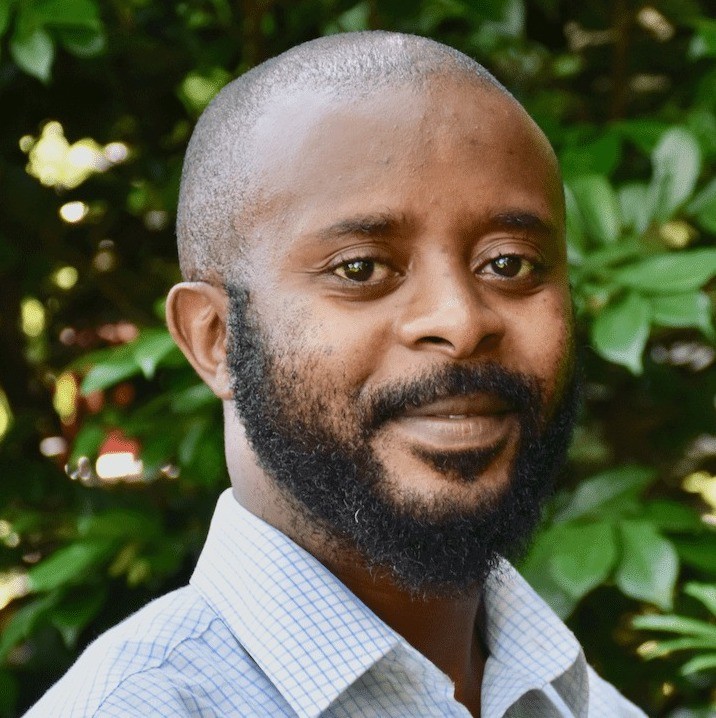What is your educational background?
BSc Geomatic Engineering and GIS (Jomo Kenyatta University of Agriculture and Technology, Kenya); MSc Demography and Health (London School of Hygiene and Tropical Medicine, UK); PhD Public Health (The Open University, UK).
What is your current occupation?
Since February 2019, I have been a post-doctoral researcher at KEMRI-WTRP in Kenya. From May 2020, I will be joining a research group at Emory University. My research interest is in understanding social contact patterns in LMICs, how these patterns can inform infectious disease spread, and further how we can use this information to design contextual programs for preventing transmission of respiratory infections through vaccinations.
What or who got you into STEM?
I am a curious person, and really interested in how things work – the processes, and reasons behind why certain things behave the way they do. I am an observant person, and to some extent this led me into my first degree (geomatic engineering) – to “observe” the local spaces on earth. I realized later that I was not interested in becoming a surveyor, so I decided to apply my knowledge into a different field. A close friend and mentor encouraged me to apply for a public health research internship position at KEMRI-WTRP, and it has now been 11 years working in the public health field.
What is the biggest challenge/barrier you have faced as an African in STEM?
Lack of resources to support research locally. This ranges from ill-equipped libraries in undergrad including limited access to online journals, to poor research funding schemes from the local government.
How do you think your background/upbringing has been beneficial in your journey/career?
My parents offered me the best education they could afford. They encouraged me to perform well in school and made me accountable for my actions in school. This instilled in me an independent mindset, and the ability to set realistic personal goals and aim to achieve them. I have also surrounded myself with friends with similar mindsets, and we constantly motivate each other to do the best with the resources available.
How do you think we can start to change the narrative surrounding African contributions
to global STEM research & careers?
The most important aspect is to focus on mentorship of younger students. This borrows from examples I have seen during my stay in Europe and the USA, where senior scientists take undergraduate students under their wing for academic growth. With my current employer, I have also witnessed and been part of such initiatives and have seen the impact of these mentorship schemes that start as early as secondary school. Second, is to lobby our local governments to provide more funding for relevant research within countries. I think that the African governments do not perceive the importance of research done within our countries, as there seems to be no direct and immediate impact (perhaps due to poor communication of results and implications from academia). This way, we can form an Afro-centric powerhouse that will drive the improving STEM research and career progression agenda forward.
What advice would you like to give to young, aspiring Africans in STEM?
Have strong mentors who can guide you, both academically and socially. Many times, we associate mentorship only with academia, but we should be able to also set and achieve personal goals in life.
Do you have any projects you’re working on that you would like us to highlight?
Since November 2019, I have been working with a research group at Emory University to set up studies in households (four LMICs) and workplaces (USA) to understand the contextual differences of human social mixing patterns and their determinants, and how these patterns can guide interventions against the transmission of respiratory infections. Our project is particularly interesting since we will be collecting data using wearable proximity sensors and comparing the data to self-report using paper diaries. We expect these studies to kick off in April 2020.





